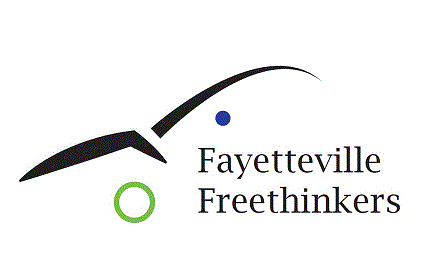
Do you know the Ten Commandments?The common list of Ten Commandments, with small variations between religious groups, is from Exodus 20.
Interestingly, while this list is not identified here as the ten commandments, the title "ten commandments" is found at Exodus 34:28 and also Deuteronomy 4:13 (which is a retelling of Exodus 34). This first set of commandments was smashed by Moses when he came down from the mountain and observed the people dancing before the golden calf that Aaron had helped them make. Moses was then commanded to go up Mount Sinai again to get an identical replacement set. Exodus 34:1: And the LORD said unto Moses, Hew thee two tables of stone like unto the first: and I will write upon these tables the words that were in the first tables, which thou brakest. Moses faithfully obeys this command. Exodus 34:28 says: And he was there with the LORD forty days and forty nights; he did neither eat bread, nor drink water. And he wrote upon the tables the words of the covenant, the ten commandments. Here is the replacement set, identified as the "ten command-ments," which Moses was given the second time around. (Exodus 34:14)
The first, second, and fourth commandments are the same, except that "molten" rather than "graven" images are forbidden; but the rest are completely different. What happened to using God’s name in vain, honoring parents, homicide, adultery, theft, perjury and coveting? And what is the big deal about boiling a goat in its mother's milk? Notice that this second list of commandments are not additional commandments, they are “the words that were in the first tables, which thou brakest” or as Deuteronomy 10:4 says: “And he wrote on the tables, according to the first writing, the ten commandments…” Clearly this second, replacement set, was supposed to be the same. However, Deuteronomy’s list of “ten commandments” given in chapter five does not use this second list given above, it uses the first list from Exodus 20, which as you can see is very different from this second set. Did you know that Protestant, Catholic and Jewish traditions all list the ten commandments differently? Whose version is correct? Some Christians want their version endorsed by the government and displayed on publicly owned buildings but that would be an endorsement of religion and contrary to the first amendment. For more information on the controversy of the Ten Commandments, visit http://www.positiveatheism.org/crt/whichcom.htm and http://atheism.about.com/od/tencommandments/a/versions.htm. |